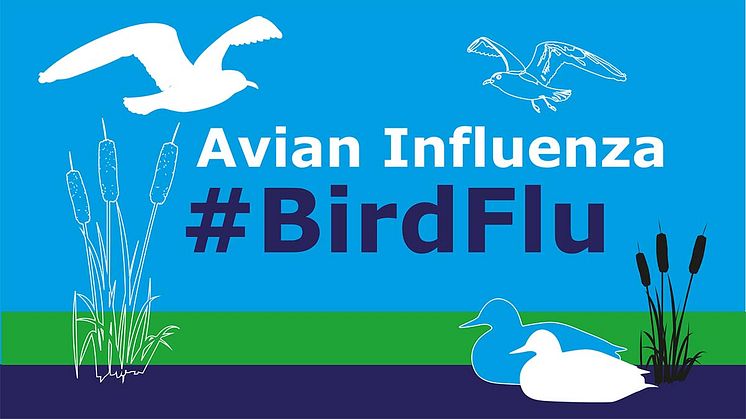
Press release -
Bird keepers urged to maintain scrupulous biosecurity standards as housing measures are lifted
Mandatory housing measures for poultry and captive birds, which were introduced across the UK to help stop the spread of bird flu, have now been lifted.
Poultry and other captive birds will no longer need to be housed, unless they are in a Protection Zone. While the risk of bird flu has been reduced to ‘medium’ for premises with poor biosecurity, the enhanced biosecurity requirements that were brought in as part of the Avian Influenza Prevention Zone (AIPZ) will remain in force as infection may still be circulating in the environment for several more weeks.
Those who intend to allow their birds outside are advised to prepare their outside areas for the release of their birds. This will include cleansing and disinfection of hard surfaces, fencing off ponds or standing water and reintroduction of wild bird deterrents.
The UK has been through its largest ever outbreak of bird flu, with more than 100 cases confirmed across the country since late October. Scrupulous biosecurity is the most effective method of disease control available, and all bird keepers should always apply enhanced measures to prevent the risk of future outbreaks.
Government figures show that, in Bury, there were six cases of avian flu in wild birds in 2021 (four Canada geese, one great crested grebe and one mute swan). No cases have been identified so far in 2022.
Poultry and captive bird keepers must be vigilant for any signs of disease in their birds and any wild birds and seek prompt advice from their vet if they have any concerns.
All bird keepers must:
- cleanse and disinfect clothing, footwear, equipment, and vehicles before and after contact with poultry and captive birds – if practical, use disposable protective clothing.
- reduce the movement of people, vehicles or equipment to and from areas where poultry and captive birds are kept, to minimise contamination from manure, slurry and other products, and use effective vermin control
- thoroughly cleanse and disinfect housing on a continuous basis
- keep fresh disinfectant at the right concentration at all farm and poultry housing entry and exit points
- minimise direct and indirect contact between poultry and captive birds and wild birds, including making sure all feed and water is not accessible to wild birds
Latest advice on Avian Influenza (bird flu) can be found at:https://www.gov.uk/guidance/avian-influenza-bird-flu
ENDS
Press release issued: 4 May 2022.
Topics
Categories
Regions
Find us on: Facebook.com/burycouncil, Flickr.com/buryphotos. @burycouncil and bury.gov.uk


